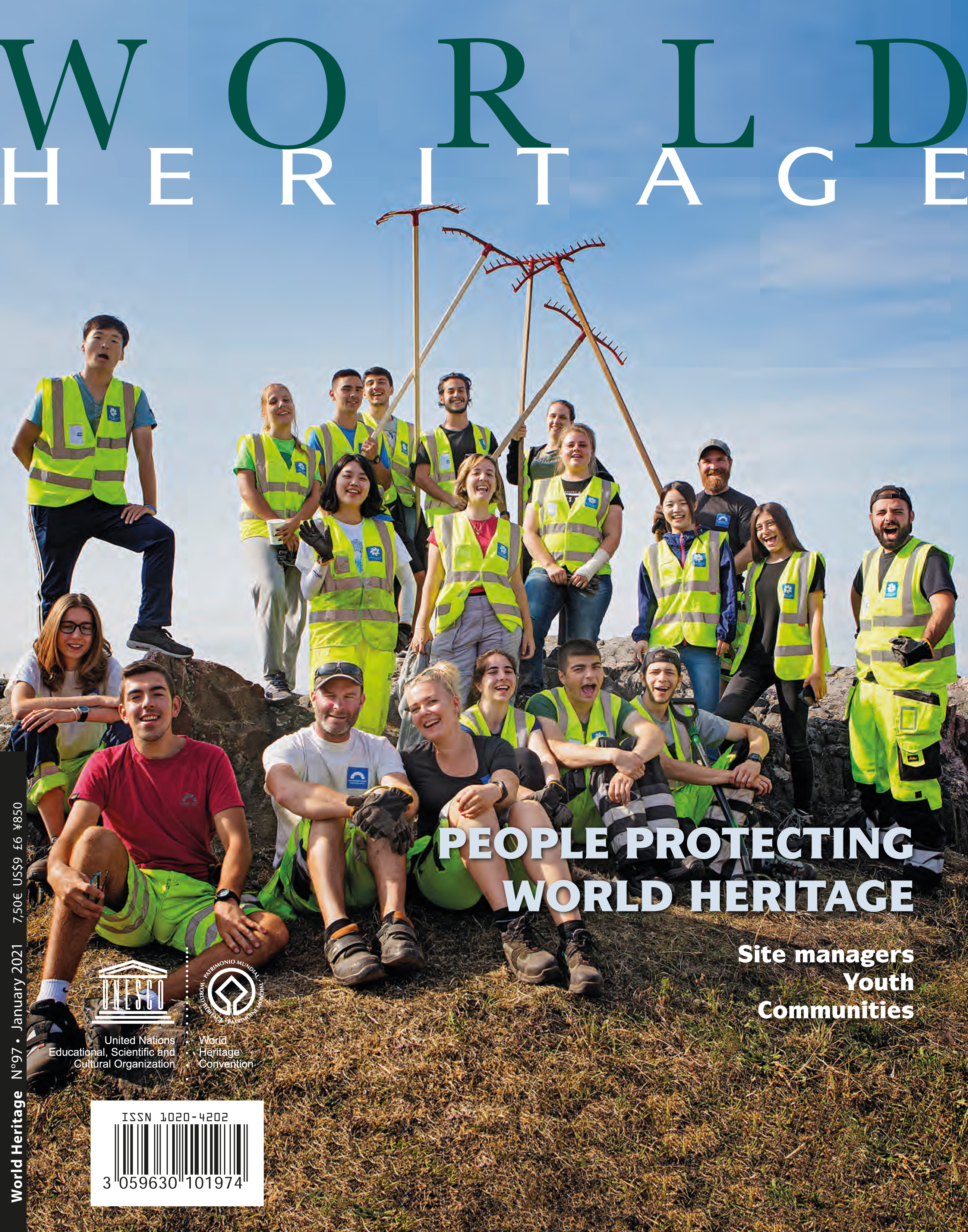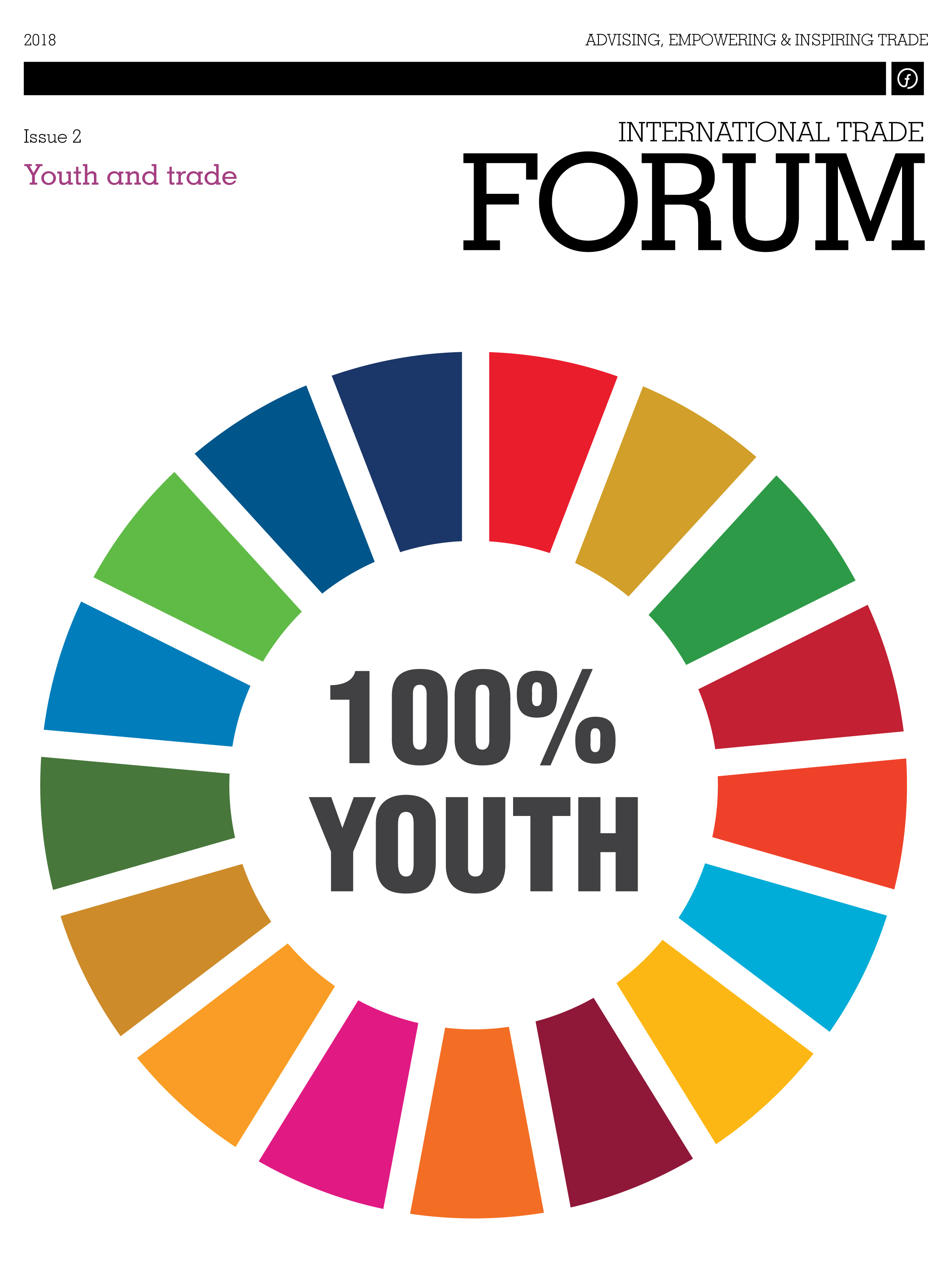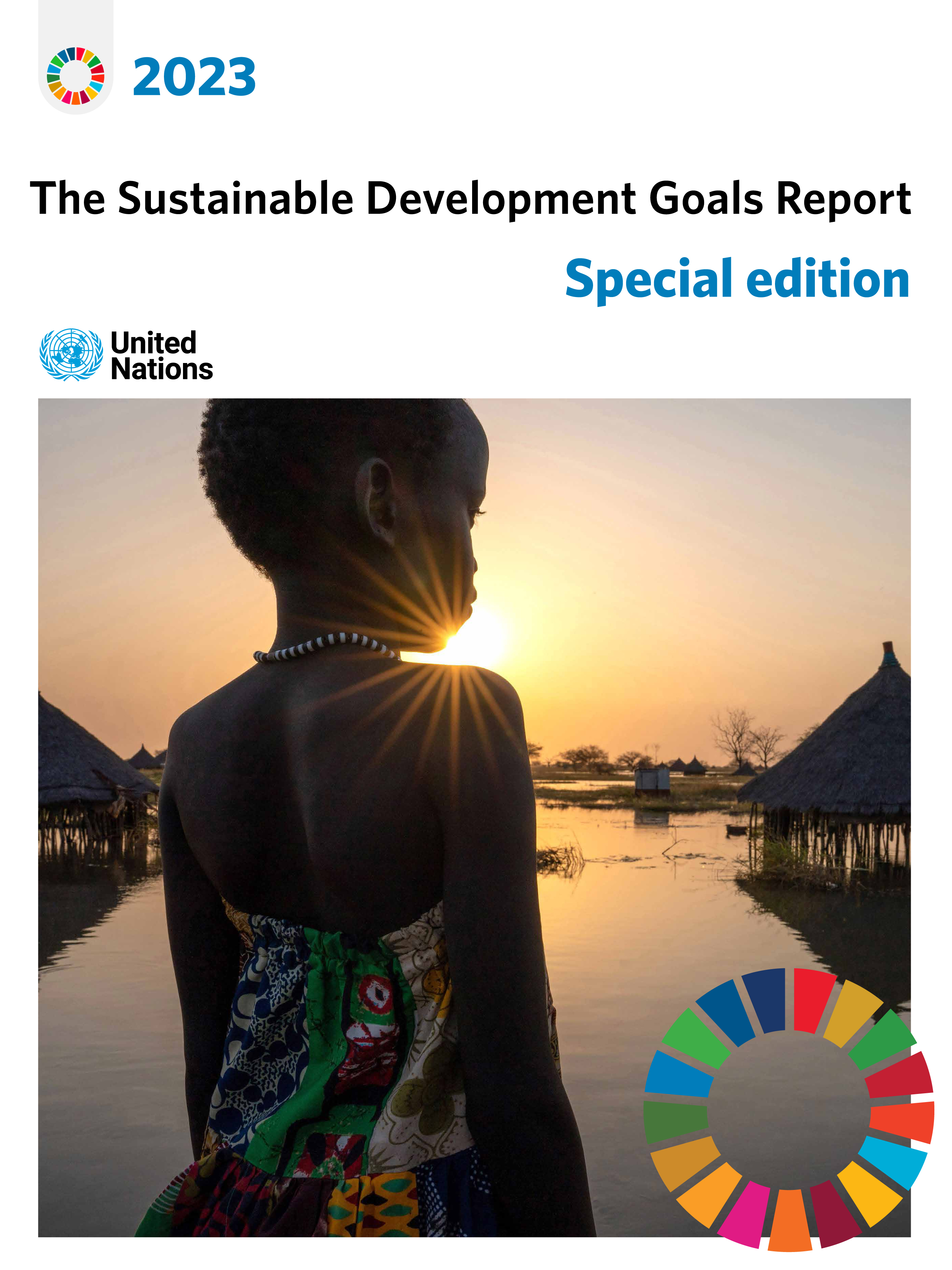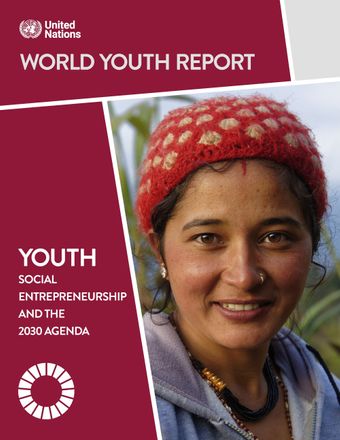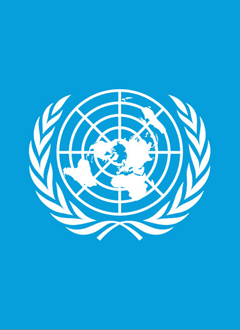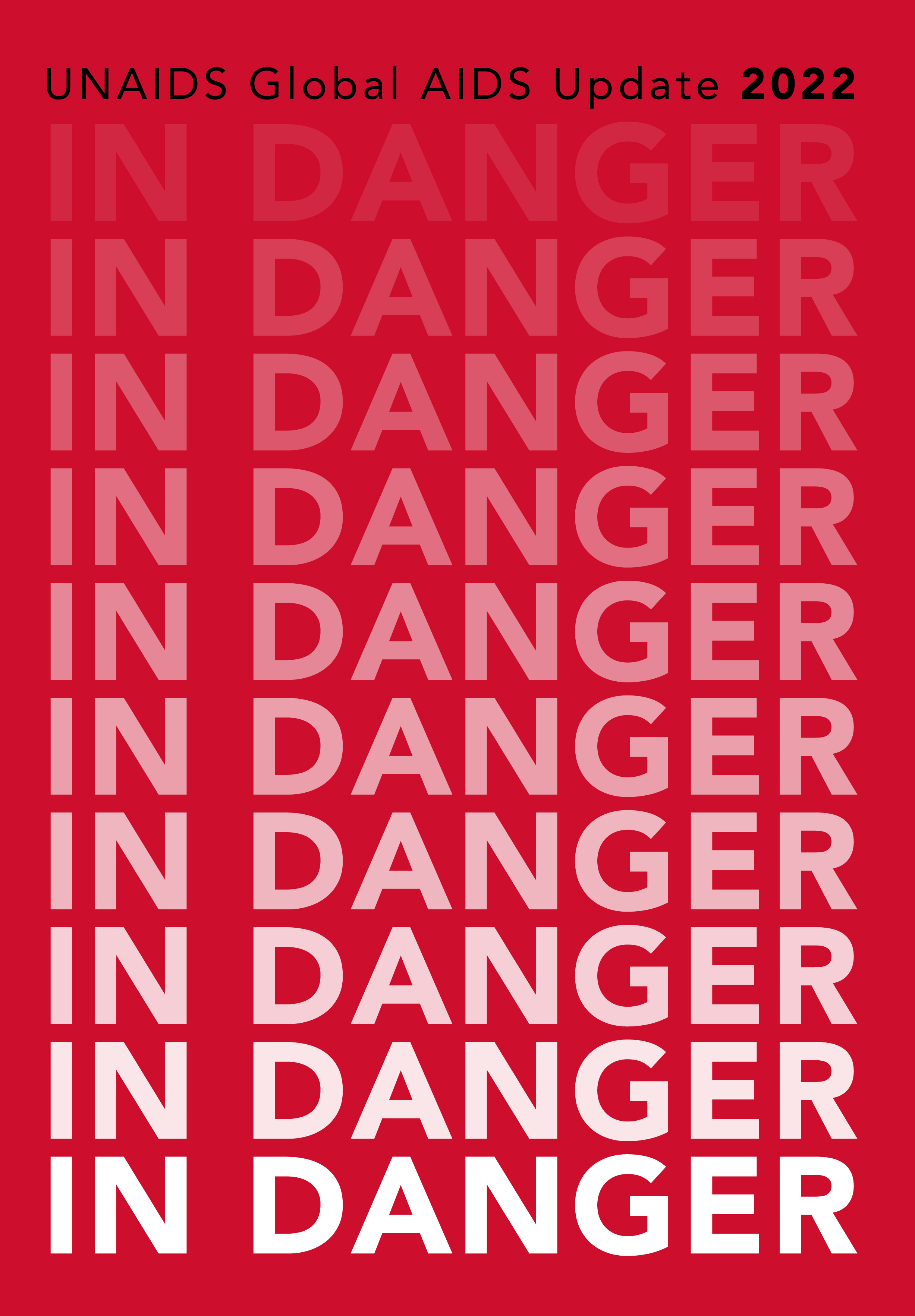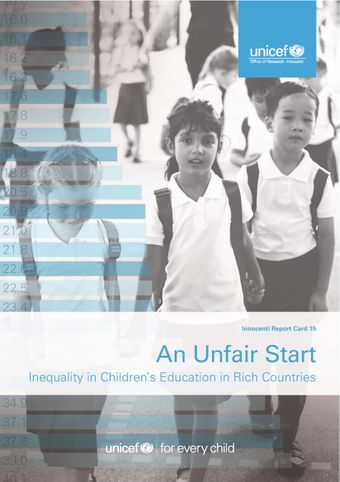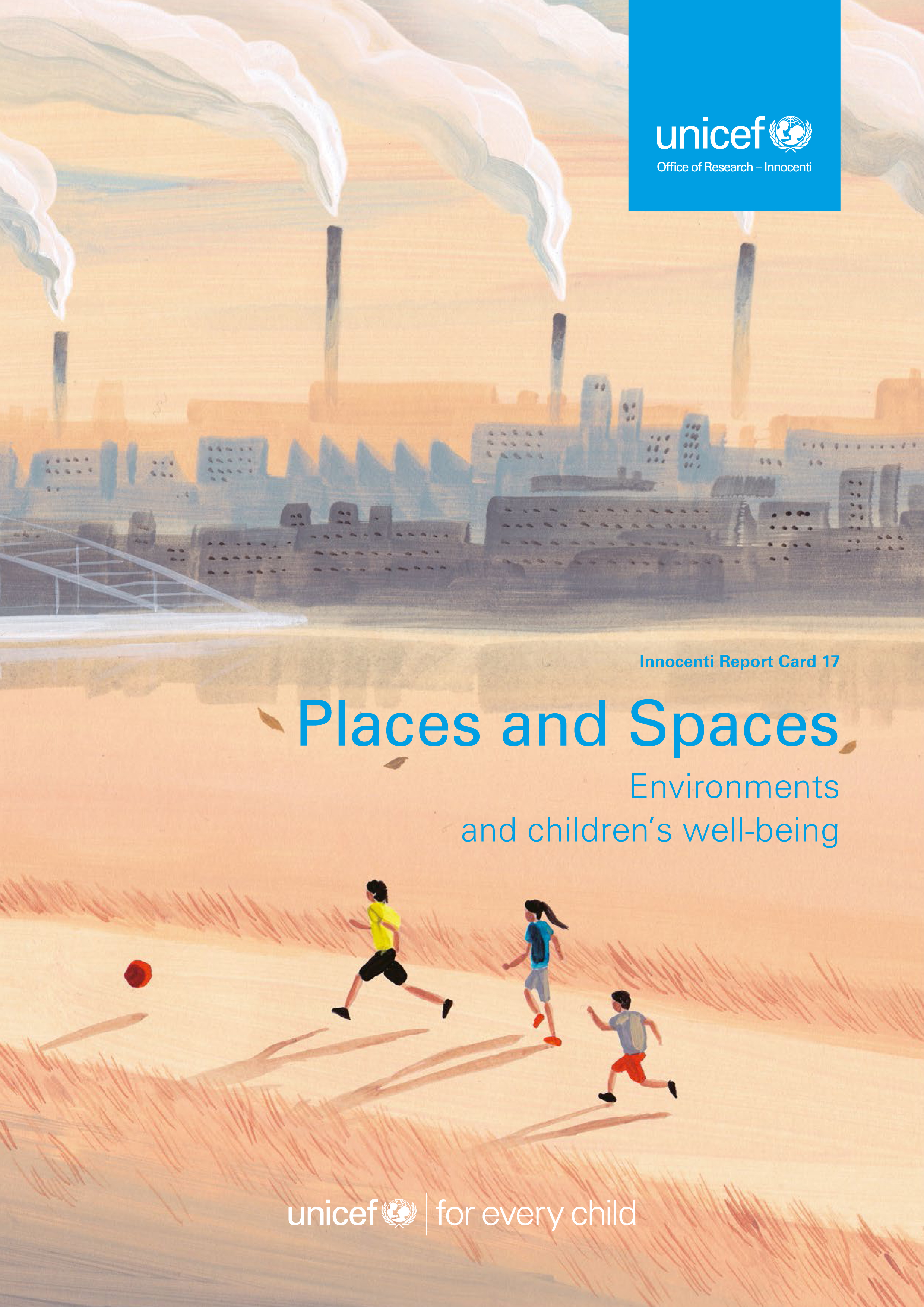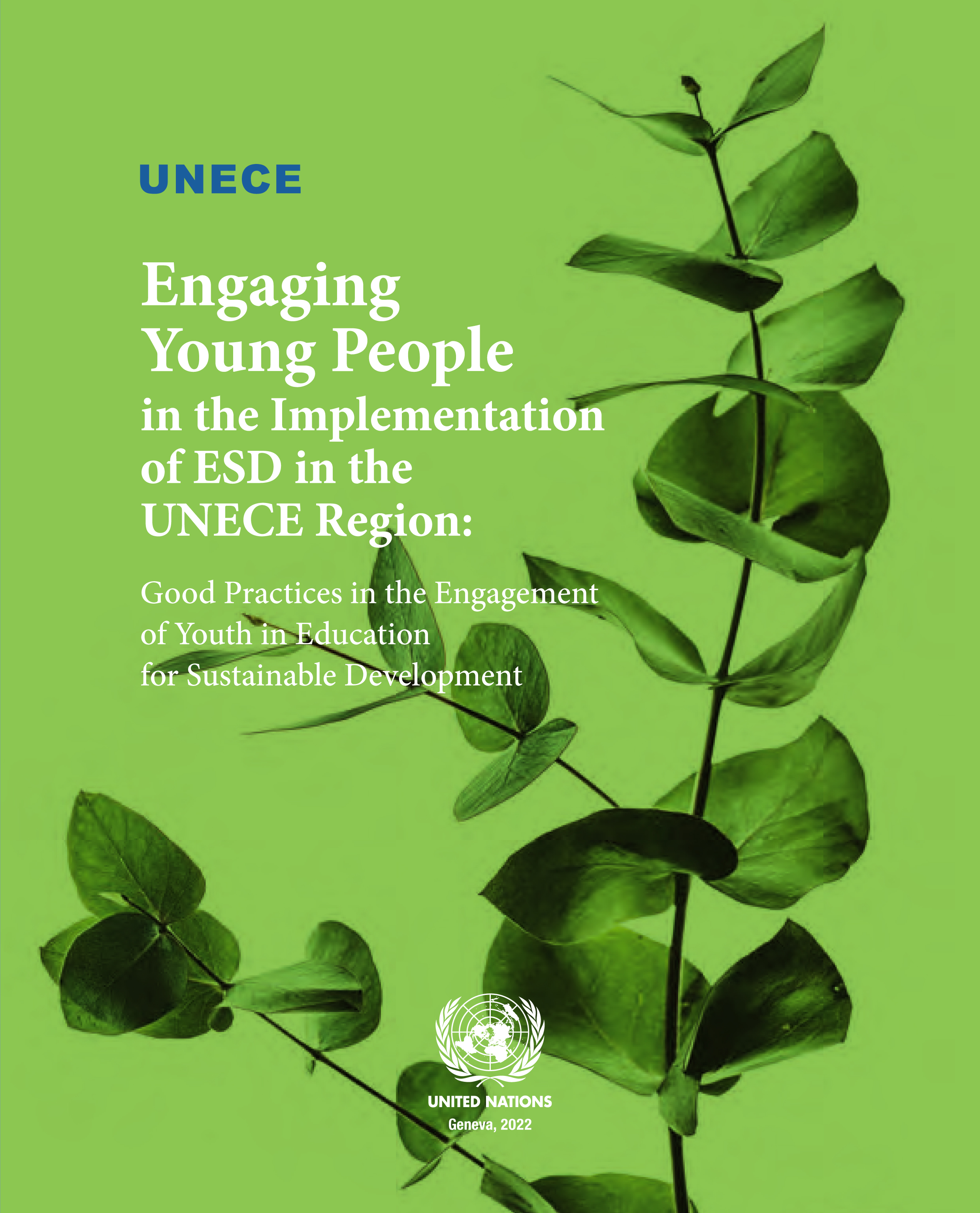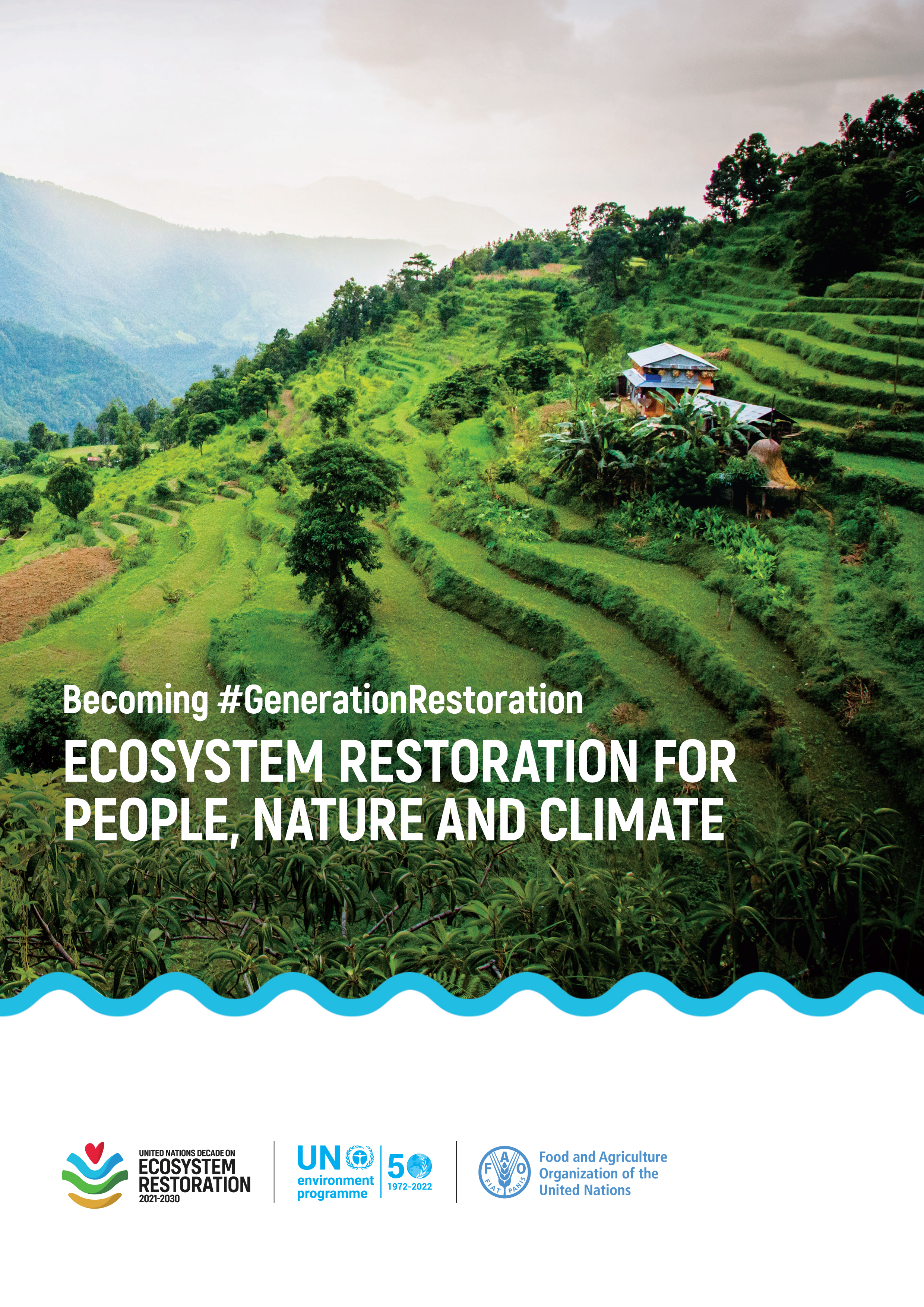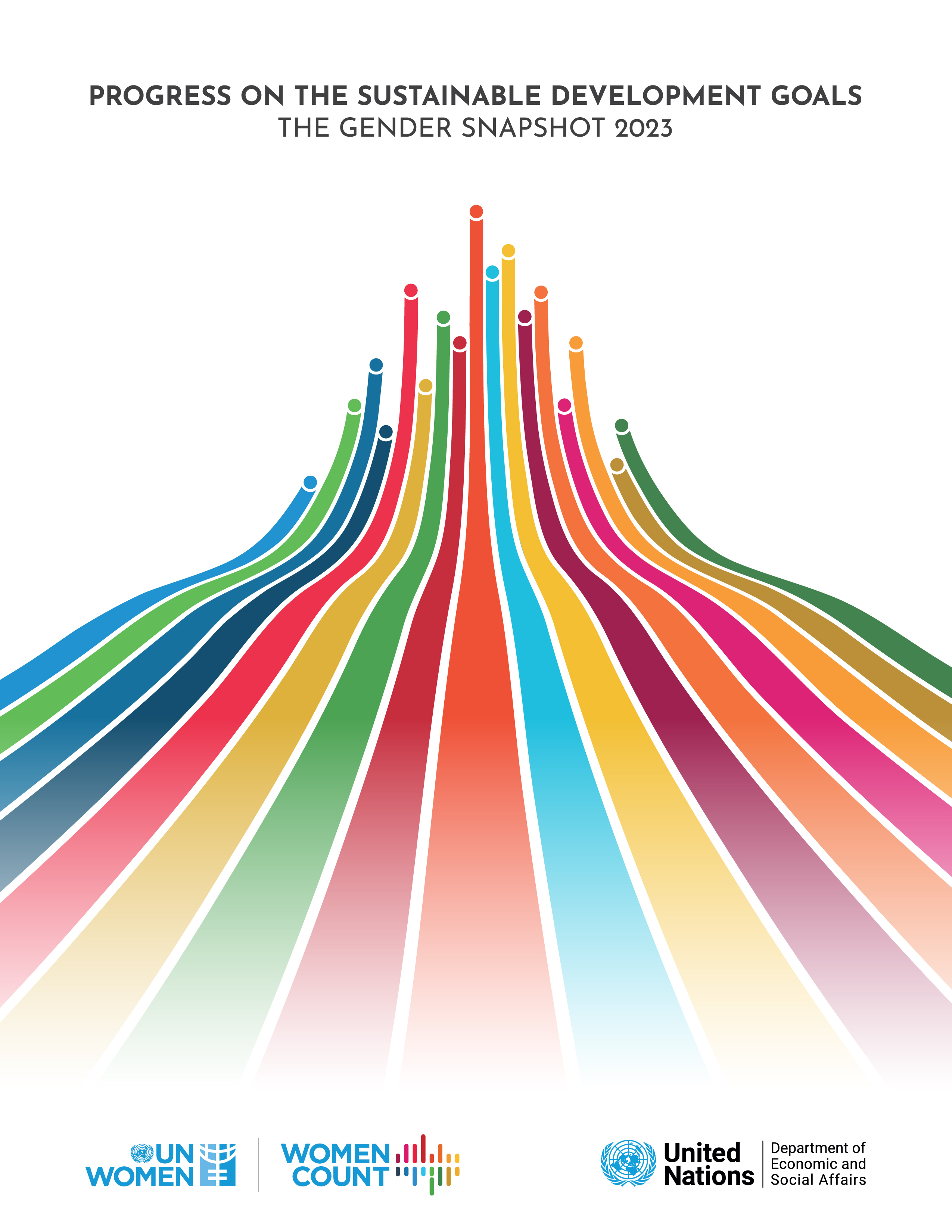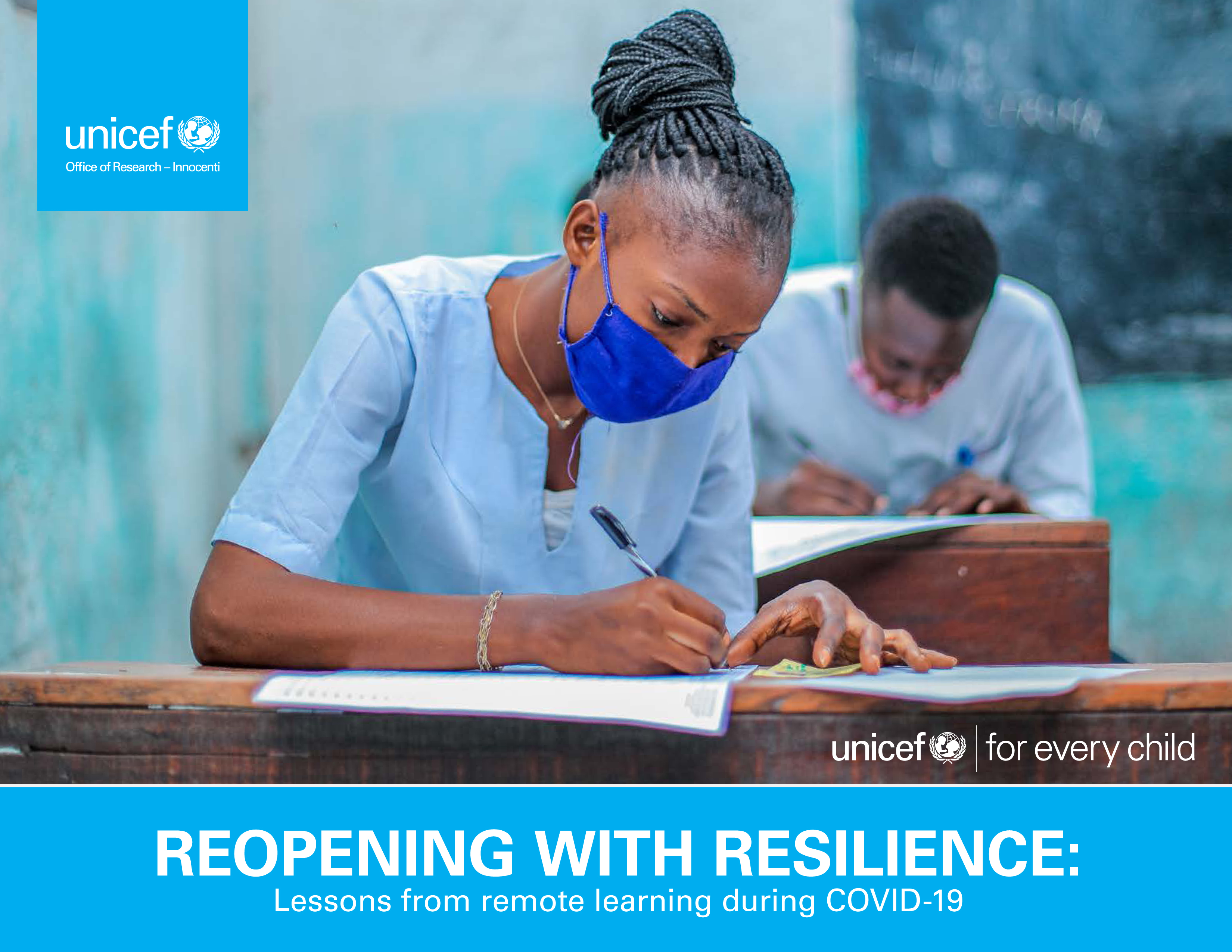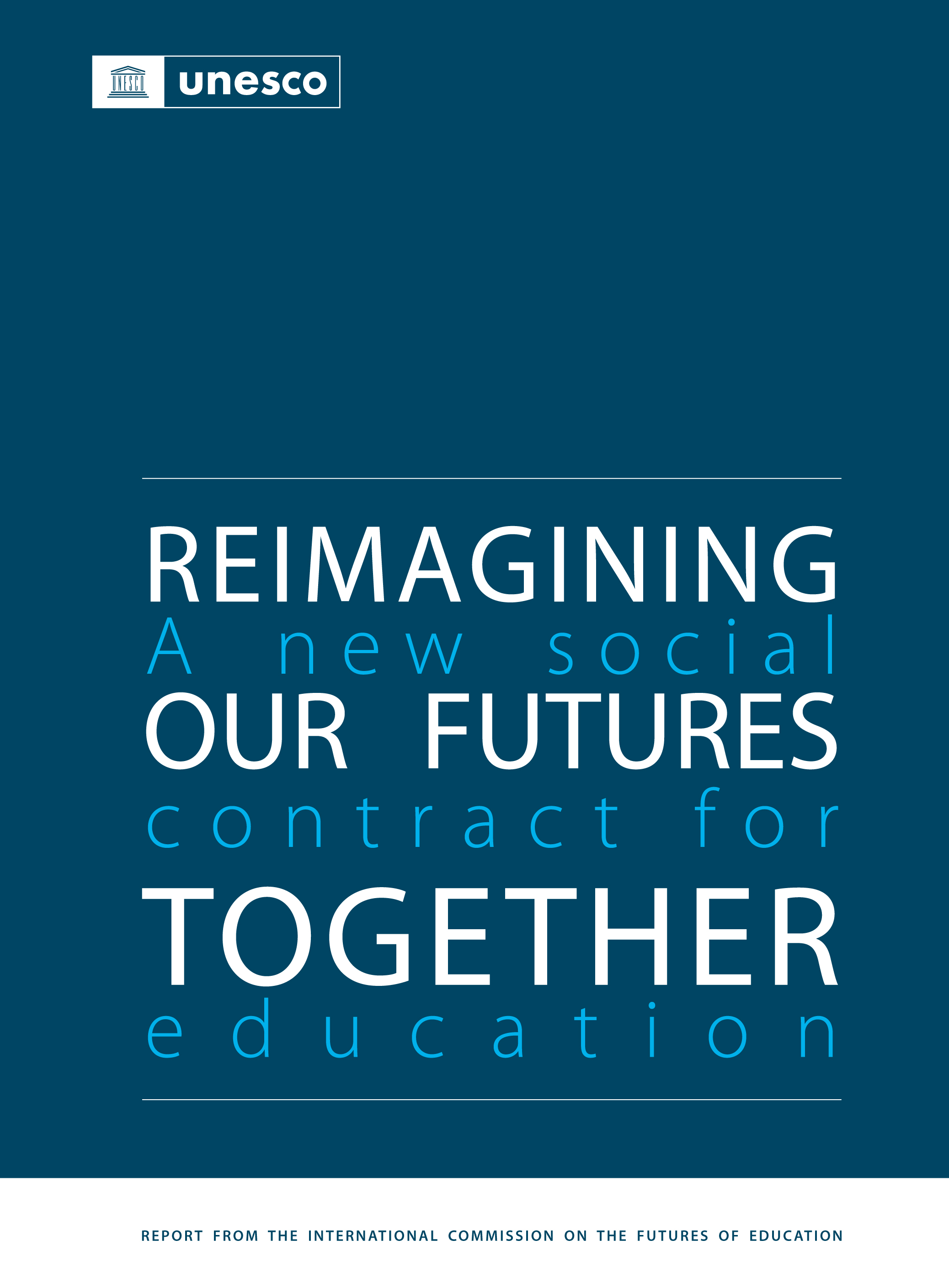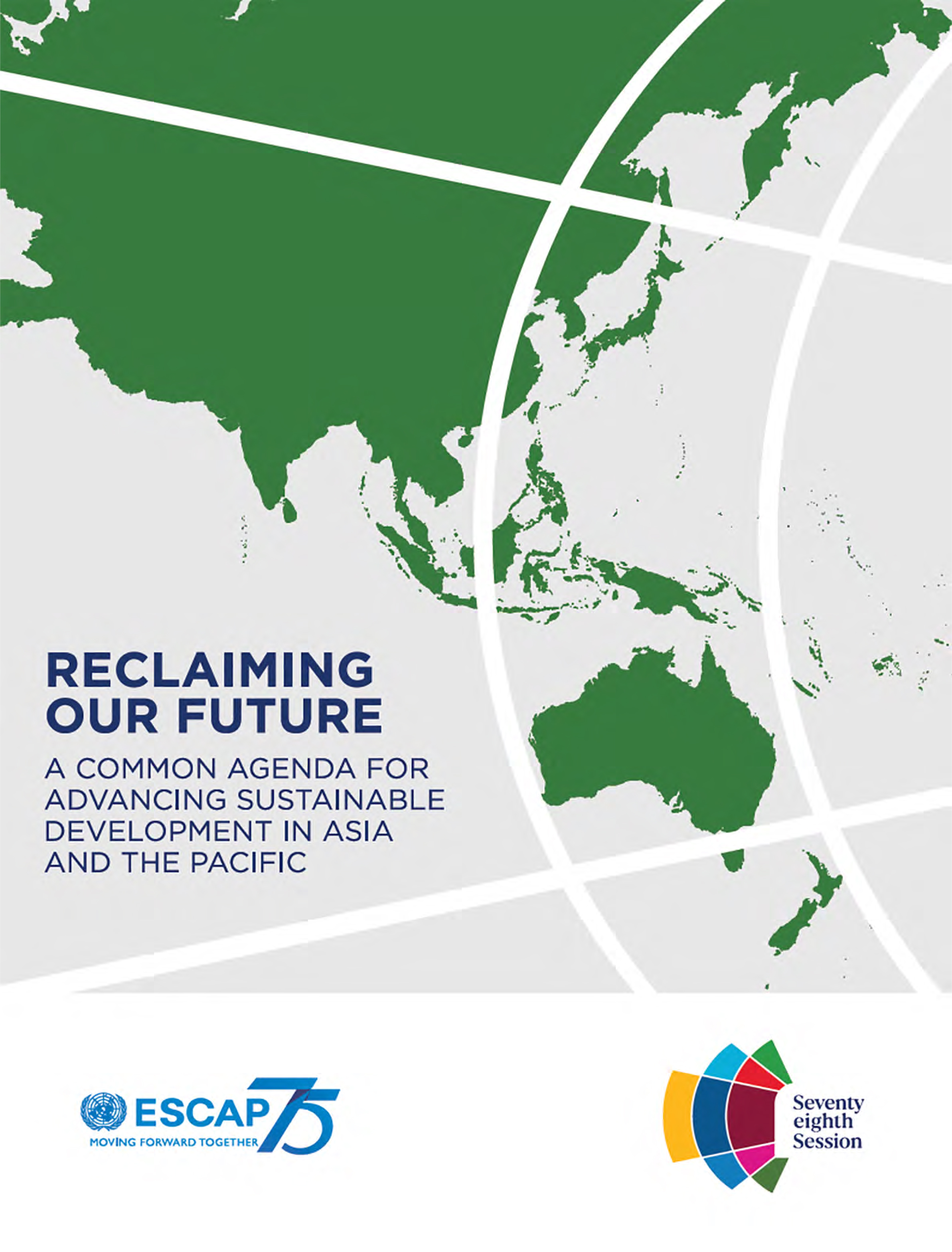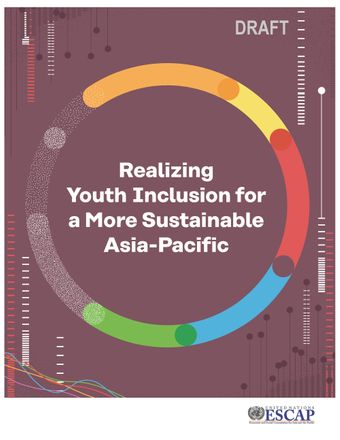Youth

The theme for International Youth Day 2024 is “From Clicks to Progress: Youth Digital Pathways for Sustainable Development.” This theme highlights the key connection between digitalization and accelerating the progress of the Sustainable Development Goals (SDGs), emphasizing the crucial contributions of young people in this transformative process.
Collection Contents
1 - 20 22 条搜索结果
-
-
In Focus: Youth and World Heritage
更多 更少作者: Inès Yousfi and Pravali VangetiIn 2019, there were about 1.2 billion young people – age 15 to 24 – in the world, making up nearly 16 per cent of the global population. UNESCO has long worked with the conviction that the voice of young people matters in shaping a better future, especially at a time when we have to rethink radically the way we deal with our multifaceted heritage and its challenges.
-
-
-
Creating opportunities for and with youth
更多 更少Finding a good job these days can be an uphill struggle, especially for young people. Youth are particularly exposed to higher unemployment, poor job conditions and a mismatch between their skills and labour-market needs. In addition, the gap between the aspirations of young people and adequate employment opportunities is widening.
-
-
-
World Youth Report 2020
Youth Social Entrepreneurship and the 2030 Agenda
更多 更少作者: United NationsThe Report seeks to further the discussion on how youth social entrepreneurship can support youth employment and development while helping accelerate the implementation of the SDGs. To do so, the Report first presents social entrepreneurship and anchors it in the context of the 2030 Agenda. Then, the Report turns toward the situation of youth and examines weather youth social entrepreneurship can offer not only employment opportunities, but also support other elements of youth development such as youth participation. In the third chapter, the Report assesses the potential and the challenges of youth social entrepreneurship. The Report then examines the synergies between technologies and youth social entrepreneurship. The last chapter offers policy guidance to build enabling, responsive and sustainable national ecosystems for young social entrepreneurs.
-
-
-
Protecting and Mobilizing Youth in COVID-19 Responses
更多 更少作者: United NationsThe COVID-19 (coronavirus) pandemic has resulted in severe economic and social impacts around the world. Young people are particularly vulnerable to the disruptions the pandemic has caused, and many are now at risk of being left behind in education, economic opportunities, and health and well-being during a crucial stage of their life development. Young people are more likely to be unemployed or to be in precarious job contracts and working arrangements, and thus, lack adequate social protection. At the same time, young people are responding to the crisis through public health promotion, volunteering and innovation. Young people will form a key element in an inclusive recovery and the achievement of the Sustainable Development Goals (SDGs) during this Decade of Action. However, the response and recovery must be done in a way that protects the human rights of all youth.
-
-
-
Education plus: Building momentum
更多 更少作者: UNAIDSEducation Plus is helping drive important changes in Africa. Sierra Leone, one of the first countries to join the initiative, is int roducing free education in primary and secondary schools to help achieve gender parity. Its radical inclusion policy ensures that pregnant learners continue to access their education with the additional provision of social support services. A comprehensive sexuality education curriculum for junior secondary schools has been developed and schools are also being made more accessible, such as by installing ramps and providing other aids for learners with disabilities. A science, technology, engineering and mathematics scholarship scheme has also been introduced to enhance girls’ participation in science and industry.
-
-
-
An Unfair Start
Inequality in Children’s Education in Rich Countries
更多 更少This report focuses on educational inequalities in 41 of the world’s richest countries, all of which are members of the Organisation for Economic Co-operation and Development (OECD) and/or the European Union (EU). Using the most recent data available, it examines inequalities across childhood -- from access to preschool to expectations of post-secondary education - and explores in depth the relationships between educational inequality and factors such as parents’ occupations, migration background, the child’s gender and school characteristics. The key feature of the report is the league table, which summarizes the extent of educational inequalities at preschool, primary school and secondary school levels.
-
-
-
Places and Spaces
Environments and Children's Well-being
更多 更少Report Card 17 explores how 43 OECD/EU countries are faring in providing healthy environments for children. Do children have clean water to drink? Do they have good-quality air to breathe? Are their homes free of lead and mould? How many children live in overcrowded homes? How many have access to green play spaces, safe from road traffic? Data show that a nation’s wealth does not guarantee a healthy environment. Far too many children are deprived of a healthy home, irreversibly damaging their current and future well-being. Beyond children’s immediate environments, over-consumption in some of the world’s richest countries is destroying children’s environments globally. This threatens both children worldwide and future generations. To provide all children with safe and healthy environments, governments, policymakers, businesses and all stakeholders are called to act on a set of policy recommendations.
-
-
-
Meaningful Youth Engagement in Policymaking and Decision-making Processes
Our Common Agenda Policy Brief 3
更多 更少The challenges that we face can be addressed only through stronger international cooperation. The Summit of the Future in 2024 is an opportunity to agree on multilateral solutions for a better tomorrow, strengthening global governance for both present and future generations. The world today has the knowledge and resources required to deliver on the promise of the 2030 Agenda for Sustainable Development. But transformative changes will simply not be possible at the scale required without the buy-in and contributions of a wide range of actors. This is especially true of the 1.2 billion young people alive today. Building on Our Common Agenda and intergovernmental and extensive multi-stakeholder consultations, including with youth, three key recommendations are put forward in the present brief. It is recommended that Member States expand and strengthen youth participation in decision-making at all levels; make meaningful youth engagement a requirement in all United Nations decision-making processes; and, support the establishment of a standing United Nations Youth Townhall and an integrated programme from the United Nations system to facilitate greater diversity, representativeness, and preparedness in youth participation. This is the third of the Summit of the Future Policy Briefs.
-
-
-
COVID-19: How Prepared are Global Education Systems for Future Crises?
更多 更少This research brief is one of a series exploring the effects of COVID-19 (coronavirus) on education. It focuses on how school closures affect children and the resiliency of education systems to respond to such disruptions and mitigate their effect.
-
-
-
Engaging Young People in the Implementation of ESD in the UNECE Region
Good Practices in the Engagement of Youth in Education for Sustainable Development
更多 更少Ever since Education for Sustainable Development (ESD) was officially embedded in the Sustainable Development Goals in 2015, many assumed that ESD had arrived in formal education settings. In reality however, this is only true to quite a small degree. Its uptake within the UNECE region has been shown to be too slow. Seen in the context of the ever-growing challenges our societies – and especially young people within them – face, this article points to non-formal education (NFE) as a powerful driver of change towards sustainable development. It shows that NFE’s complementary power has been undervalued for too long, and its potential for youth participation has been left almost untapped. Three successful best practice examples from Austria deliver supporting evidence and show how to combine ESD and NFE from a policy implementation perspective. The article concludes that in reforming one-sizefits-all education systems, non-formal education for sustainable development should play a key part.
-
-
-
Ecosystem Restoration for People, Nature and Climate
Becoming #GenerationRestoration
更多 更少This report presents the case for why we all must throw our weight behind a global restoration effort. Drawing on the latest scientific evidence, it explains the crucial role played by ecosystems from forests and farmland to rivers and oceans, and charts the losses that result from our poor stewardship of the planet. While restoration science is a youthful discipline, we already have the knowledge and tools we need to halt degradation and restore ecosystems. Farmers, for instance, can draw on proven restorative practices such as sustainable farming and agroforestry. Landscape approaches that give all stakeholders – including women and minorities – a say in decision-making are simultaneously supporting social and economic development and ecosystem health. And policy makers and financial institutions are realizing the huge need and potential for green investment.
-
-
-
Mind Matters: Lessons From Past Crises for Child and Adolescent Mental Health During COVID-19
更多 更少COVID-19 is a crisis like no other in modern times. It has reached every population and community. While the evidence base is still nascent, this report looks at the impacts of disasters and past epidemics – such as Ebola, HIV, SARS/MERS and Zika – on child and adolescent mental health and psychosocial wellbeing, and examines how these insights can guide policies and progammes to support children, their families and communities during the current pandemic. COVID-19 – its associated public health responses and social and economic impacts – is likely to have multiple deleterious effects on mental health, including elevated risks of anxiety and depression, trauma, loss of family and friends, violence, loneliness and social isolation. However, this pandemic also offers opportunities for positive coping and resilience. While there is no magic formula to address the mental health and psychosocial impacts of crises, there are proven and promising interventions from past experiences to mitigate the impact today – especially for the most vulnerable children and adolescents. These include social protection, caregiver skills and support, community and social support, life skills and school based programmes, and specialized care, to name a few.
-
-
-
Progress on the Sustainable Development Goals: The Gender Snapshot 2023
更多 更少This publication is the latest instalment in the annual series jointly produced by UN Women and UN DESA. The report provides a comprehensive analysis of gender equality progress across all 17 Sustainable Development Goals (SDGs). Halfway to the end point of the 2030 Agenda for Sustainable Development, the world is failing to achieve gender equality, making it an increasingly distant goal. If current trends continue, more than 340 million women and girls will still live in extreme poverty by 2030, and close to one in four will experience moderate or severe food insecurity. Growing vulnerability brought on by human-induced climate change is likely to worsen this outlook, as many as 236 million more women and girls will be food-insecure under a worst-case climate scenario. The gender gap in power and leadership positions remains entrenched, and, at the current rate of progress, the next generation of women will still spend on average 2.3 more hours per day on unpaid care and domestic work than men. No country is within reach of eradicating intimate partner violence, and women’s share of workplace management positions will remain below parity even by 2050. Fair progress has been made in girls’ education, but completion rates remain below the universal mark. With the clock ticking, urgency mounts. This report advocates for an integrated, holistic approach to advancing gender equality, involving multistakeholder collaboration and sustained financial backing. Neglecting to amplify efforts and invest in gender parity jeopardizes the entire 2030 Agenda for Sustainable Development.
-
-
-
Reopening with Resilience
Lessons from Remote Learning During COVID-19
更多 更少The COVID-19 pandemic led to school closures around the world, affecting almost 1.6 billion students. The effects of even short disruptions in a child’s schooling on their learning and well-being have been shown to be acute and long lasting. The capacities of education systems to respond to the crisis by delivering remote learning and support to children and families have been diverse yet uneven. This report reviews the emerging evidence on remote learning throughout the global school closures during the COVID-19 pandemic to help guide decision-makers to build more effective, sustainable, and resilient education systems for current and future crises.
-
-
-
Reimagining our Futures Together
A New Social Contract for Education
更多 更少The interwoven futures of humanity and our planet are under threat. Urgent action, taken together, is needed to change course and reimagine our futures. Education, long acknowledged as a powerful force for positive change, has new, urgent and important work to do. This report, two years in the making, invites governments, institutions, organizations, and citizens around the world to forge a new social contract for education that will help us build peaceful, just, and sustainable futures.
-
-
-
Reclaiming Our Future
A Common Agenda for Advancing Sustainable Development in Asia and the Pacific
更多 更少The publication describes pathways to achieve more inclusive and sustainable post-pandemic recovery in Asia and the Pacific. It identifies elements for a common agenda for present and future generations centered on protecting people and planet, leveraging on digital opportunities, trading and investing more together, raising financial resources and managing debt. It underlines the need to listen and work with the youth, placing women at the center for crisis-prepared policy action and new people-centric partnerships, with a readiness of the Economic and Social Commission for Asia and the Pacific (ESCAP) to serve.
-
-
-
Realizing Youth Inclusion for a More Sustainable Asia and the Pacific
更多 更少作者: United NationsThis report aims to broaden understanding of the multitude of institutional and sociocultural barriers youth face in realizing their potential. It uses findings revealed by a primary research project in six countries in the Asia-Pacific region covering over 10,000 youth aged 18-24, and providing a unique wealth of information from youth talking first-hand about their situation, concerns and hopes. Motivated by requests of ESCAP member States, the report aims to provide insight into the most pressing issues that affect youth inclusion in social, economic and civic domains. The findings are derived from analysing data collected through a comprehensive questionnaire and a series of focus group discussions in 12 cities in the six countries. However, relevance of the findings extends beyond the context of the areas surveyed. Throughout Asia and the Pacific significant numbers of youth are excluded from the impressive socioeconomic advances of recent decades. This report sheds light on these people and how they differ from those who are more privileged. The findings reveal that gender remains a large contributor to inequality, often restricting access to education and employment, and participation in political activities. Nevertheless, those of low wealth, ethnic minorities, certain castes or religious groups are often even more excluded from such spheres, while also receiving fewer opportunities to increase social and human capital, such as through access to associations and the Internet. The report considers the options many developing countries face as they seek to more effectively tap into the potential of youth and progress along the pathways delineated by the 2030 Agenda for Sustainable Development and the Sustainable Development Goals (SDGs). It further calls upon policymakers and other stakeholders to pay more attention to the evolving needs and aspirations of youth, and work closely with them, for a more prosperous, inclusive and shared future.
-
-
-
The Sustainable Development Goals Report 2024
更多 更少The Sustainable Development Goals Report 2024 presents how far we have come towards reaching the 17 Sustainable Development Goals (SDG). The report warns that with just six years remaining to the 2030 deadline, and nearly a year from reaffirmed commitments at the SDG Summit, current progress falls far short of what is required to meet the targets outlined in the 2030 Agenda. The scarring effects of the COVID-19 pandemic, escalating conflicts, geopolitical tensions, and growing climate chaos are hitting SDG progress hard. The report reveals that only 17 per cent of the SDG targets are on track, with nearly half showing minimal or moderate progress, and over one-third stalling or regressing. The report documents increasing global inequalities, with an additional 23 million people pushed into extreme poverty and over 100 million more suffering from hunger in 2022 compared to 2019. For the first time this century, per-capita GDP growth in half of the world’s most vulnerable nations is slower than that in advanced economies. Overall global health progress has decelerated alarmingly since 2015. Many countries have experienced declines in student math and reading skills. Wars are upending millions of lives. The number of forcibly displaced people has reached an unprecedented level, nearly 120 million by May 2024 and civilian casualties spiked by 72 per cent between 2022 and 2023. Environmental crises are threatening the foundations of planetary ecosystems. 2023 was the warmest year on record, with global temperatures nearing the critical 1.5°C threshold. Greenhouse gas emissions and atmospheric CO2 concentrations continue to reach new highs.
-
-
-
Promoting Youth Participation in Decision-Making and Public Service Delivery through Harnessing Digital Technologies
更多 更少This Policy Brief examines how public institutions can more effectively engage youth and promote their participation in decision-making and public service delivery to build more inclusive and resilient societies. It first examines the challenges public institutions face in meaningfully engaging youth in decision-making and public service delivery, as well as the behaviors and characteristics of young people that can be relevant to policy dialogue and participation. It then explains how digital technologies can be harnessed to effectively engage young people in decision-making and delivering public services. Lastly, it provides a set of policy recommendations on how public institutions can overcome engagement challenges and build an enabling ecosystem for youth participation.
-

